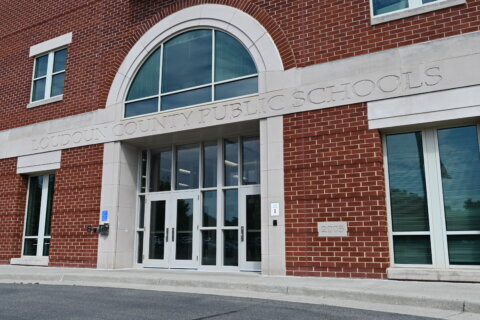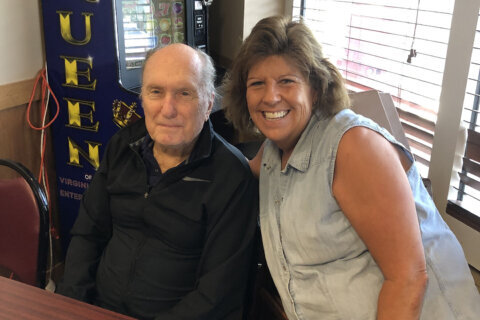As the number of COVID-19-vaccinated adults continues to rise, public health experts are looking toward their next steps in keeping younger members of communities safe.
“We want to prioritize high schools, as soon as we can go into Phase 2,” Dr. David Goodfriend, director of the Loudoun County Health Department, told the Board of Supervisors on Tuesday evening.
By all accounts, young people are far less likely to become seriously ill if they test positive for COVID-19. Currently, only the Pfizer vaccine can be administered to 16-year-olds under the U.S. Food and Drug Administration’s emergency use authorization.
“As soon as that minimum age drops, how do we get our kids vaccinated?” Goodfriend asked, rhetorically.
In addition to preferring more types of vaccine be available to inoculate younger people, Goodfriend said he is concerned about new strains of the virus spreading more easily among children — particularly B.1.1.7, a variant first detected in the U.K. last December that has since made its way into the D.C. region.
“Just like the flu does every year, and the coronavirus cold virus does every year, that’s where a lot of disease is transmitted — between kids,” said Goodfriend. “Whether it’s in a school setting, or more likely, outside the school setting.”
The number of positive COVID-19 cases is drifting upward locally and throughout Virginia, Goodfriend told the supervisors, reversing January’s rapid decline in new infections after a record-breaking spike attributed to the winter holidays.
Goodfriend now estimates between 10% and 20% of positive COVID-19 cases in the state have the British variant.
Despite the ease in which disease is transmitted between young people, Goodfriend acknowledged some are fatigued a year into the pandemic.
“Kids want to play in other kids’ houses,” Goodfriend said. “A lot of the steps parents have been taking for the last year, people are backing off a bit — and when you do that, the virus finds opportunities.”








